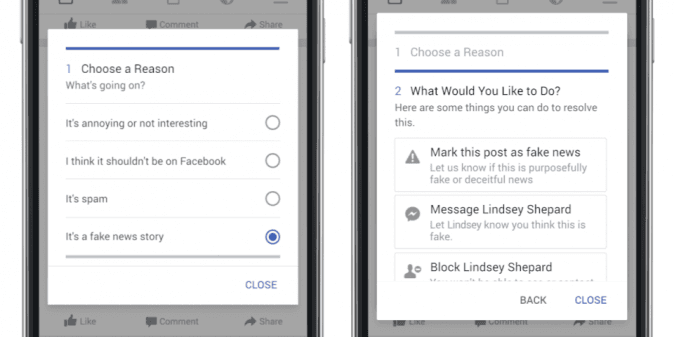Facebook announced Thursday it is looking to curb the spreading of “fake news” and hoaxes on its social media network—focusing on the “worst of the worst” offenders, while partnering with outside fact-checkers, The Associated Press reported.
“We do believe that we have an obligation to combat the spread of fake news,” said John Hegeman, vice president of product management of Facebook’s news feed, in an interview. But he added that Facebook also takes its role to provide people an open platform seriously, and that it is not the company’s role to decide what is true or false.
“Fake news,” a term repeated ad nauseam by large legacy media outlets, has been derided as a sort of propaganda—or even disinformation—by alternative and right-wing media outlets. They claim that “fake news” can be used as a tool to silence viewpoints deemed unorthodox by the mainstream.
But with the rise of Facebook came the rise of viral hoaxes—things like false celebrity death stories or fake UFO sightings—which will likely be targeted by Facebook’s new team. During the election season, however, there were completely false news stories that were spread via Facebook that targeted both supporters of Hillary Clinton and supporters of Donald Trump. Since Election Day, Trump has claimed CNN has published “fake news” about him.





